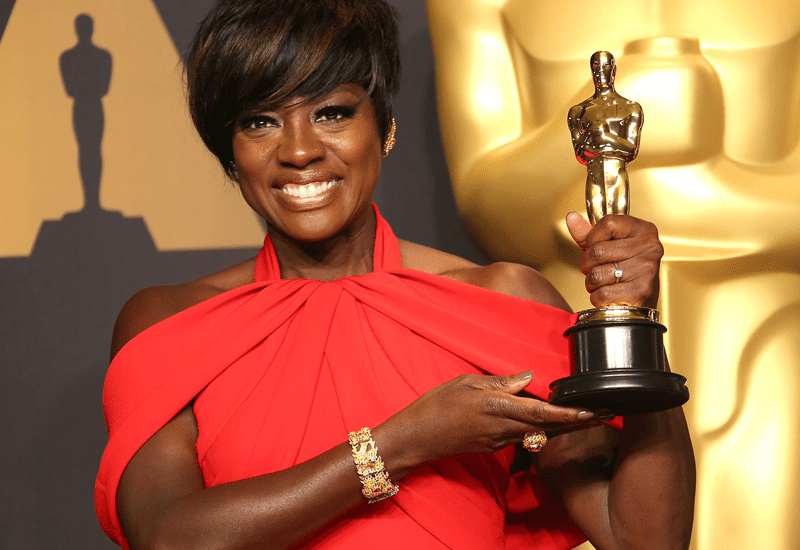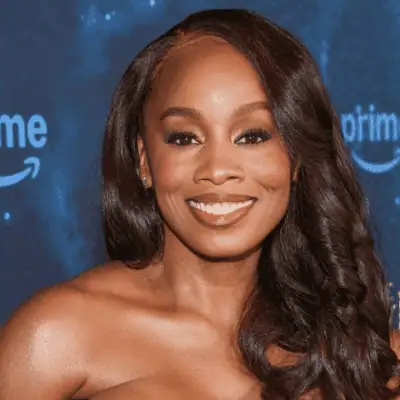
Viola Davis has just received her fourth career acting nomination at the Academy Awards, breaking the record for the most number of overall acting nominations for a Black actress in the history of Hollywood. Davis is also the only Black woman with two Best Actress nominations.
While Davis is very much deserving of these accolades, the fact that Black actresses are only just now beginning to break barriers is yet another indicator of how unrecognized and under-represented Black women are in Hollywood.
“For me, it’s a reflection of the lack of opportunities and access to opportunities people of color have had in this business,” said Davis in a Variety interview. “If me, going back to the Oscars four times in 2021, makes me the most nominated Black actress in history, that’s a testament to the sheer lack of material there has been out there for artists of color.”
Davis’ spectacular role in Ma Rainey’s Black Bottom earned the actress her fourth nomination. The other Oscar nods for Davis were received with Doubt, The Help, and her win for Fences. Previously, she shared the record with Octavia Spencer, who has three nominations/wins (Hidden Figures, The Shape of Water, The Help). Aside from Davis and Spencer, the only Black actress with more than one Oscar nomination for acting is Whoopi Goldberg (The Color Purple and Ghost).
Out of all the roles that Black women have taken on since the beginning of Oscar history, the fact that only three women have earned more than one nomination is distressing. During Award season, a wealth of laudable talent is snubbed each and every year. And Davis, although incredibly grateful for her groundbreaking path, knows that there’s a far greater picture at play here regarding who receives nominations and wins. It’s evident that people of color aren’t on the same level in the eyes of Hollywood.
“The conversation that no one is having, the sort of cognitive discussions that people are not having is the process to getting there — the tools and the access that was given to these artists, in order to get to a place where their work can be seen,” she said.
“When you start having those conversations, you see what a huge deficit and huge discrepancy is still out there for artists of color, which is why a lot of times we don’t have a seat at the table. It’s not because we don’t have the talent, it’s not because we’re not working hard. It’s because of fundamental truths that we are not given the same permission, tools and everything that we need to even start on the same level, or to be on the same playing field.”
To help create more opportunities, it is necessary for Black people in Hollywood to take matters into their own hands, which is exactly what Davis is accomplishing through her and her husband’s company JuVee Productions. By being in charge, Davis is using her resources to share more authentic stories in regards to Black people are represented. We’re seeing this more with multiple Black-owned production companies, which is an exciting step in the right direction.
As far as Hollywood at large is concerned, Davis says: “Two things need to happen. People who are on the periphery need to not be so frightened that they’re going to lose the opportunity, that they don’t open their mouth and speak their truth. And the people who are in a position of power need to listen and to have the bravery and the courage to step out of their comfort zone and make those changes.”





